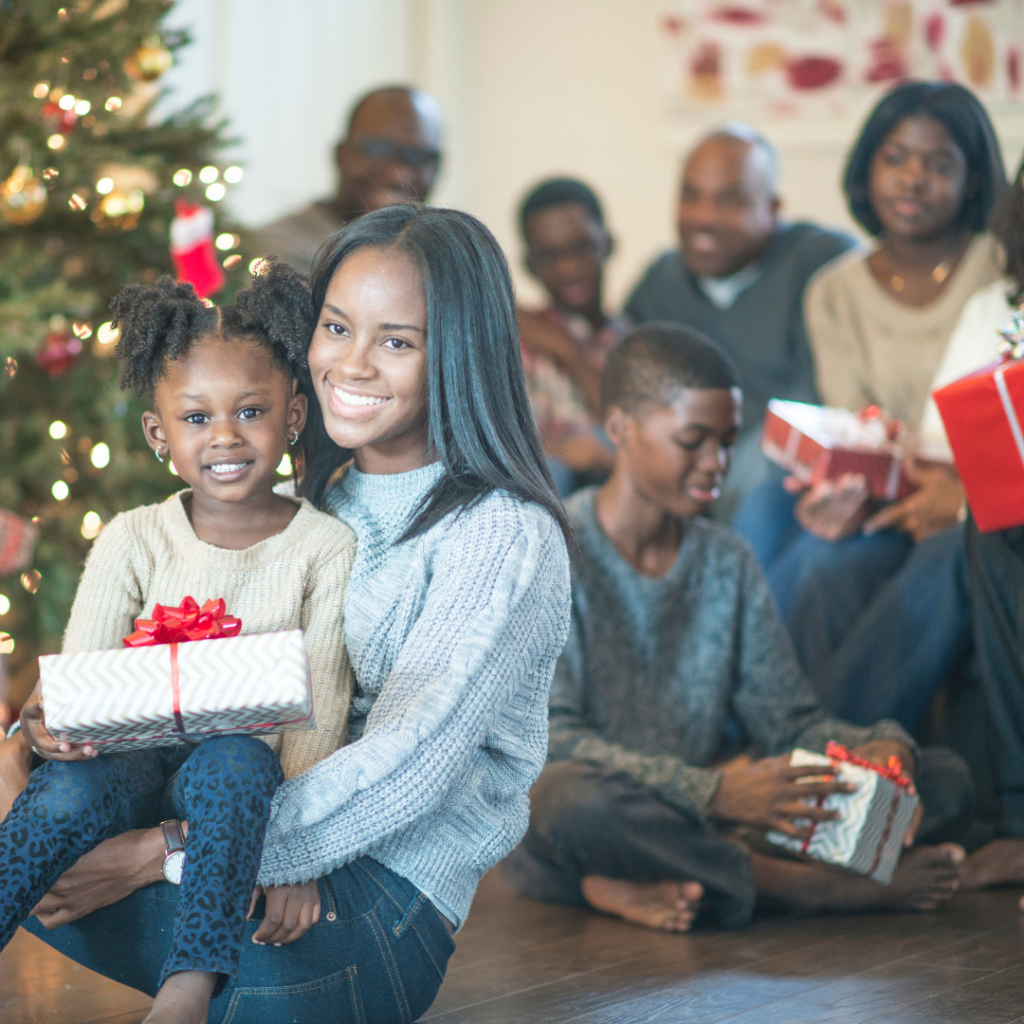Introduction
The 2024 election has left emotions running high, while the holiday season can stir up challenges. For many, these two stressors collide, making navigating family dynamics and personal feelings difficult. This blog explores how to process election-related emotions, understand holiday negativity, and create a path toward meaningful conversations, healthier boundaries, and more harmonious relationships.
Processing Election Emotions: Finding Common Ground
It’s easy to get caught up in analysis and political debates in the wake of the election. But as Jennifer Rubin points out in The Washington Post, obsessing over the results often disconnects us from what matters most: the impact on people’s lives.
Rather than focusing solely on the politics of Washington, we should turn our attention outward. What do these outcomes mean for our neighbors, coworkers, and communities? By listening to personal stories, we foster understanding and create a foundation for empathy. These meaningful conversations can bridge divides and spark solutions that transcend political boundaries.
Understanding Holiday Negativity
For some, the holidays aren’t a time of joy but of stress and painful memories. Negative experiences from childhood—such as family conflict, addiction, or neglect—can leave lasting scars, making it hard to embrace the season.
Unresolved issues often resurface in adulthood, creating tension at family gatherings. However, understanding the root causes of holiday negativity can help us approach these situations with compassion and set boundaries that protect our well-being.
Breaking Cycles of Pain: Strategies for Embracing the Holidays
Here are some actionable steps to create a healthier holiday experience:
- Plan for Family Dynamics:
Before attending gatherings, prepare neutral conversation topics and decide in advance how to handle uncomfortable situations. Setting a departure time can also give you control over the visit. - Stay Connected to Your Support System:
Schedule calls with friends or attend local recovery meetings if you’re part of a support program. Staying connected to your everyday life can help you feel grounded. - Bring a Piece of Yourself to the Table:
Share your favorite holiday dish or a tradition that aligns with your values. This can make gatherings feel more personal and meaningful. - Set Clear Boundaries:
Communicate your expectations about respectful behavior. If conflicts arise, consider stepping away or staying in a separate space, such as a hotel, to maintain your peace. - Detach with Love:
Learn to separate yourself from the behaviors of others. Programs like Al-Anon teach valuable skills for setting boundaries and prioritizing self-respect without alienating loved ones.
Fostering Empathy and Connection
Healing divides—whether political or personal—requires effort and empathy. Talking with neighbors or engaging with people who hold different views can foster understanding. These conversations aren’t about winning debates but about building bridges.
For those who struggle with holiday negativity, reframing traditions or creating new ones can help reimagine the season. Every small act, like reaching out to someone feeling isolated or volunteering in your community, contributes to a sense of shared humanity.
Conclusion
Navigating post-election emotions and holiday challenges is no small task, but it’s an opportunity to grow. By understanding the roots of our feelings, setting healthy boundaries, and fostering meaningful connections, we can create more positive experiences for ourselves and others.
This season, let’s commit to listening, empathizing, and healing—one conversation, one action, and one tradition at a time. Together, we can move beyond division and rediscover the peace and connection we all need.
References for Podcast 111:
- The Washington Post, November 10, 2024, at 7:45 AM EST, Jennifer Rubin, “Stop obsessing about the election and start talking to fellow citizens.”
- Jackalyn Rainosek, PhD, LinkedIn, December 21, 2020, “Person who Never Liked the Holiday.” (Some of the information comes from this article that is included in this podcast.
